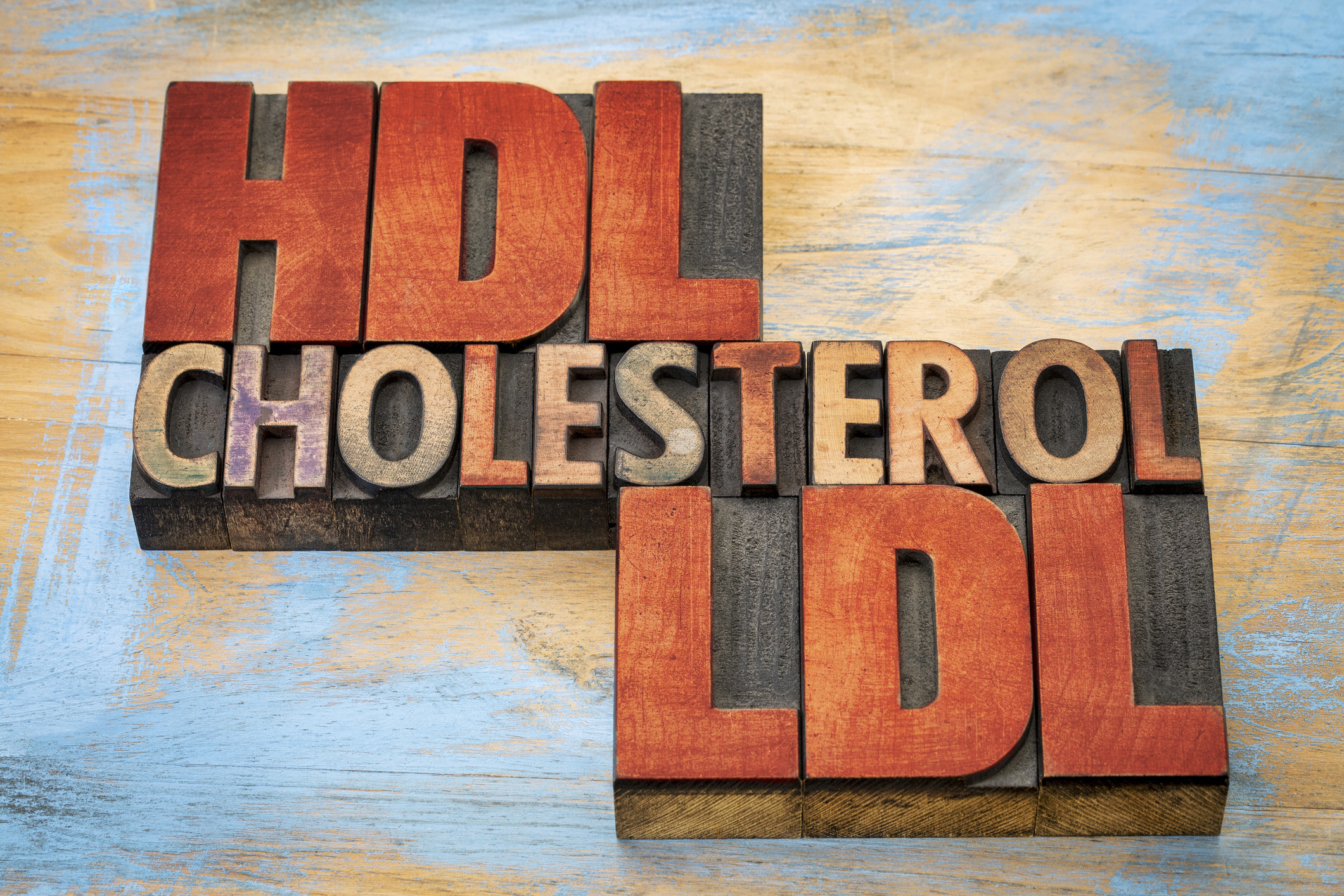Staying active, eating a nutritious diet, managing stress and maintaining a healthy weight can all help seniors stay both physically and cognitively fit later in life. Because lifestyle has such an impact on health, recent research that suggests HDL-C (high-density lipoprotein cholesterol) variability levels may be associated with a greater risk for developing Parkinson’s disease holds an important message for middle-aged and older adults.
According to a recent MedPageToday report, a Korean study that was recently published in Neurology found that participants with the highest levels of HDL-C variability also had a greater risk for developing Parkinson’s than those with the least variability. Researchers used data from 380,404 people past the age of 65 over a period of 4 to 9 years. Study participants who had a history of Parkinson’s disease were excluded from the study.
People in the higher HDL-C group were also older, had lower income and were more likely to be smokers. This group also had lower rates of regular exercise and lower alcohol consumption than other groups. Participants with high HDL-C variability were also found to have a higher body mass, a greater waist circumference, higher fasting glucose levels and a greater incidence of hypertension, diabetes, chronic kidney disease and were more likely to use lipid-lowering medications.
Although researchers have yet to determine exactly how variability in HDL-C may be linked with PD, it has been suggested that HDL-C’s anti-oxidative and anti-inflammatory properties may contribute to the observed association in rates of Parkinson’s. HDL-C, sometimes called the “good” cholesterol, helps remove other forms of cholesterol from the bloodstream. According to the Mayo Clinic, higher levels of HDL-C are associated with a lower risk of heart disease and stroke.
Lifestyle changes, like quitting smoking and avoiding eating trans fats and saturated fats in fried foods, baked goods, full-fat dairy and meats, can help increase HDL levels and lower LDL cholesterol. Moderate alcohol consumption, one drink per day, has been associated with higher HDL-C levels. But for those who don’t drink, it is not recommended that one should start drinking alcohol to raise HDL levels. Too much alcohol can increase blood pressure and triglycerides and may contribute to weight gain.
Talk with your doctor about medication, diet, and other factors that may affect your cholesterol levels. And to read more about lifestyle changes to boost brain health, follow this link to a recent article by Neurosurgeon Sanjay Gupta.






Add Your Voice
0 Comments
Join the Discussion